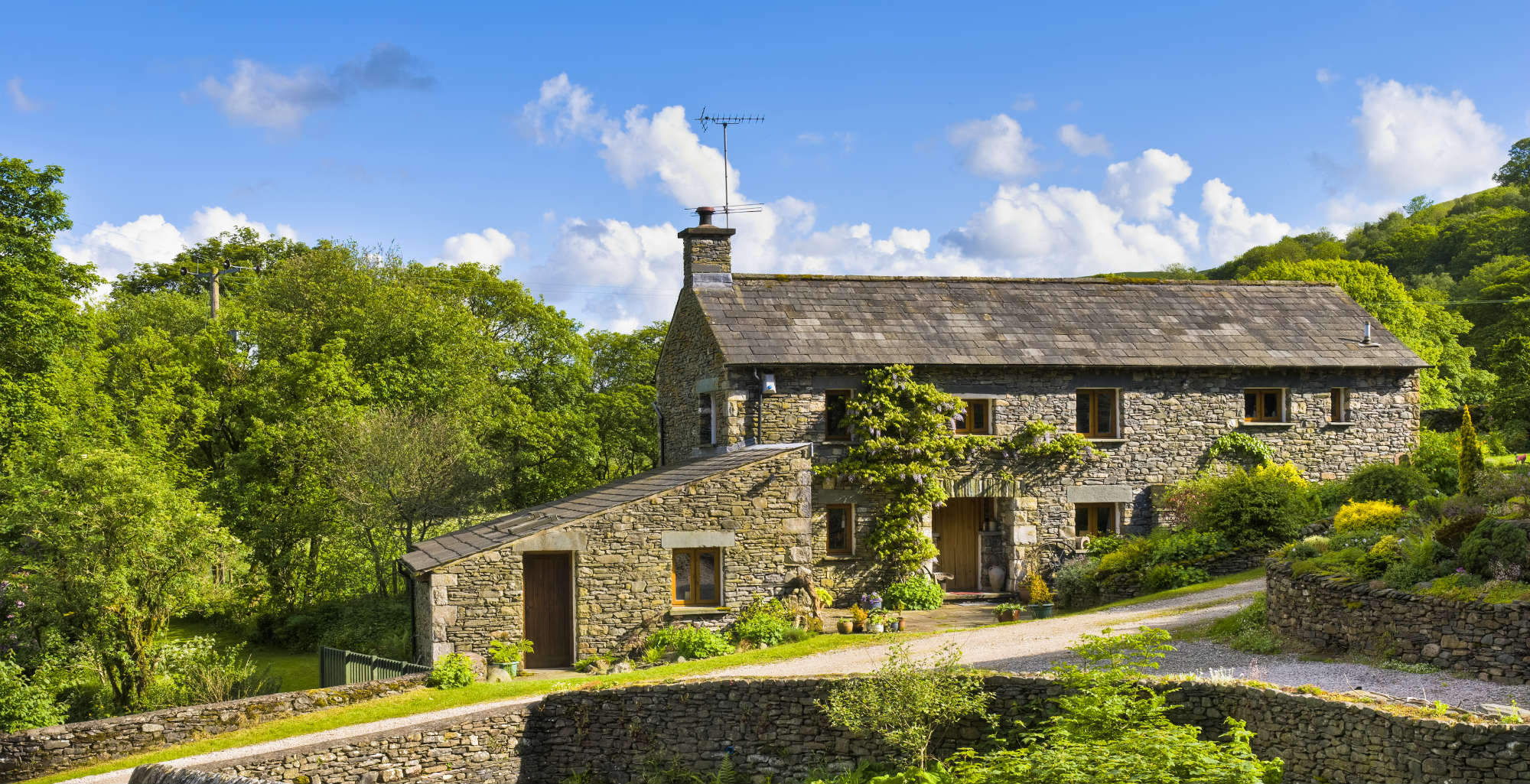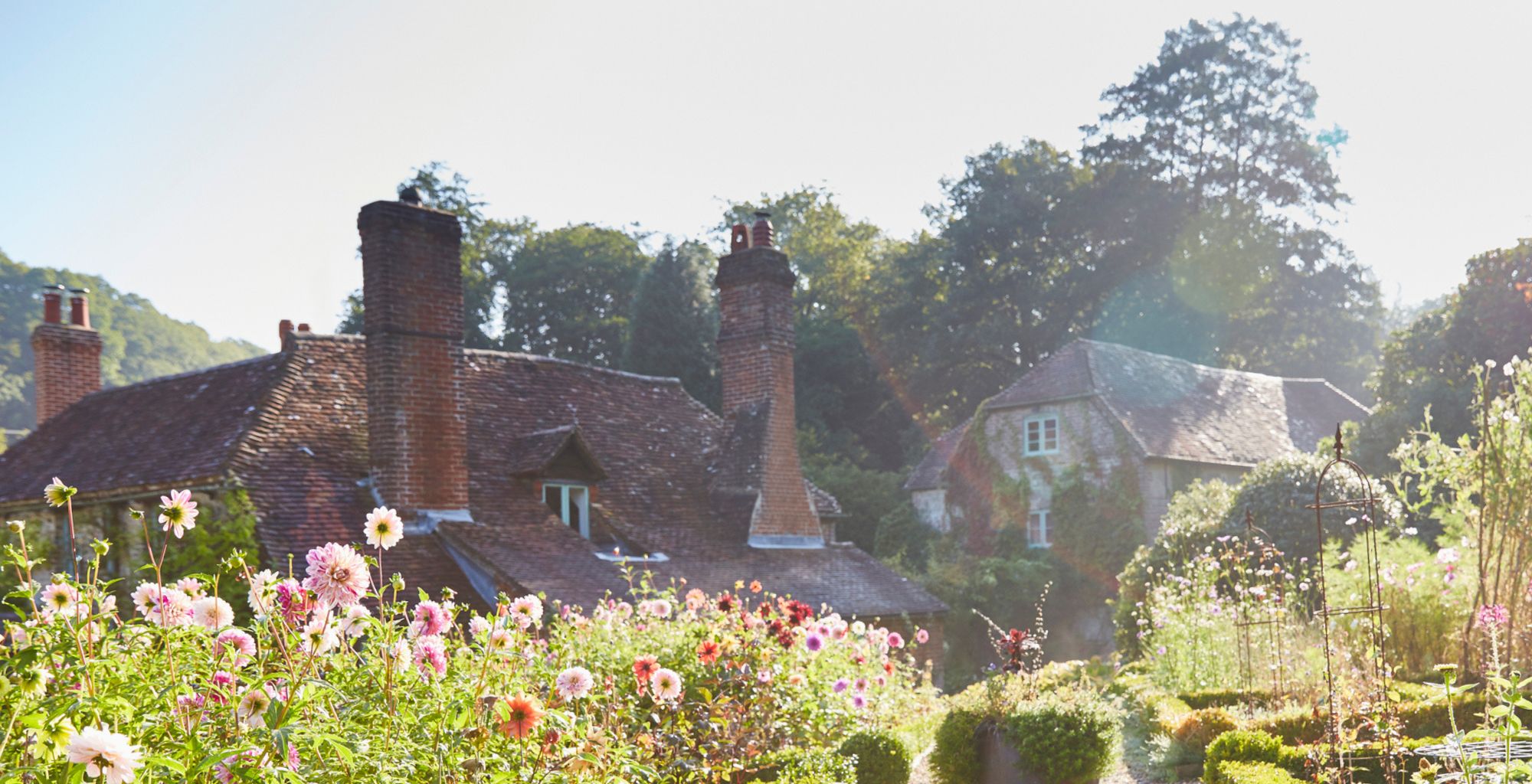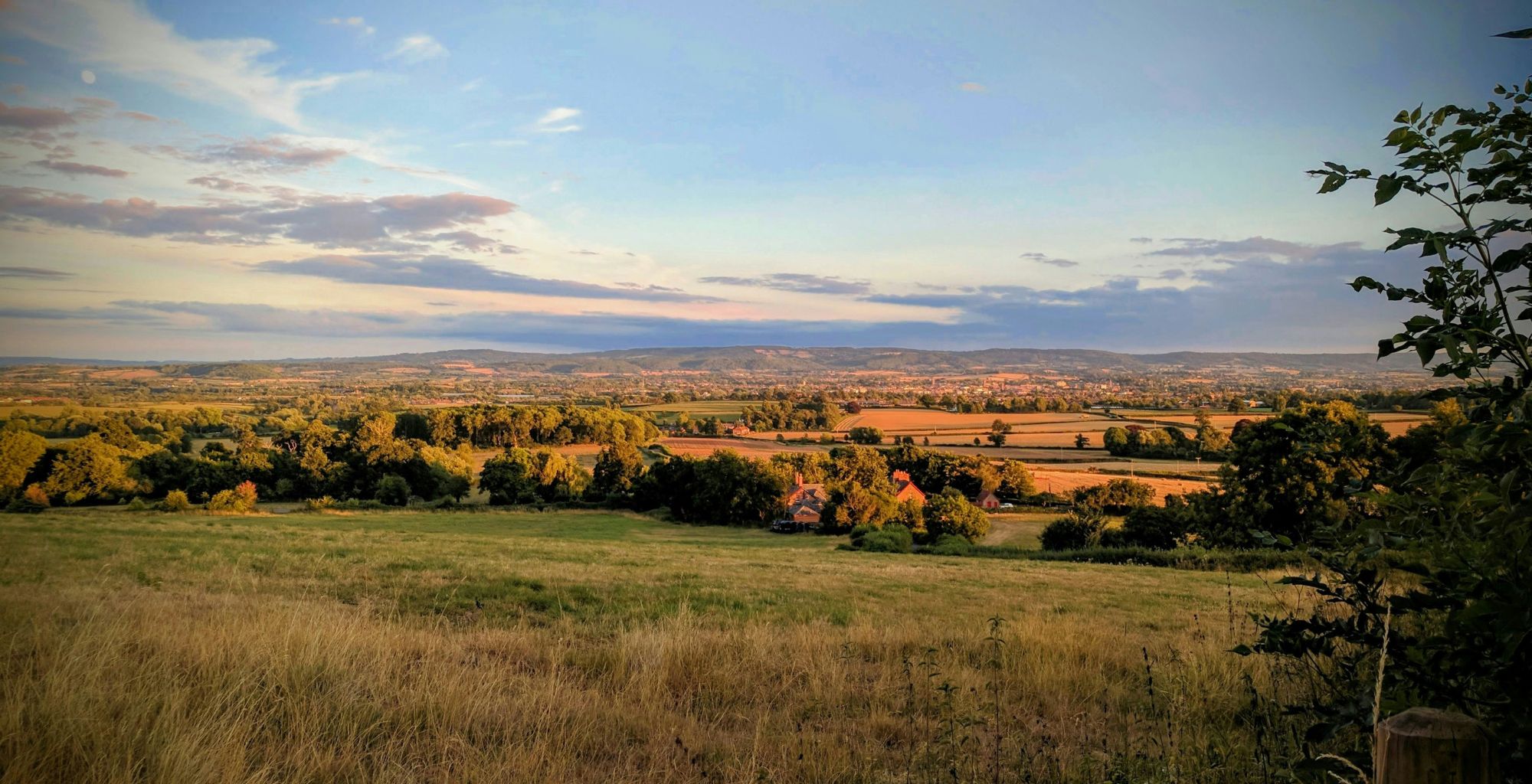For homebuyers seeking a blend of visual appeal and practicality, Arts and Crafts houses stand out as an exemplary...

Rural Property: Is it a good life?
As almost any home buying agent will confirm, for many buyers, purchasing a country retreat is a goal. The attractions seem clear and particularly so if one is currently living a busy urban lifestyle.
Yet is it really true that this is a story of positives alone? Are there, in fact, reasons why it might pay to think twice before purchasing rural property?
Reasons to buy a rural property
There are many very compelling reasons why the countryside lifestyle is attractive. Just a sample includes:
- your property budget might buy you more, in bricks and mortar terms;
- the opportunity to become part of a genuine community and its associated spirit;
- probably, subject to checking the exact crime statistics for the area concerned, a safer environment for your family;
- reduced stress levels due to the avoidance of things such as traffic jams and public transport chaos;
- easier access to various countryside sports and other leisure activities;
- more extensive gardens and possibly even land/animals – including perhaps a smallholding or equestrian property;
- views over something other than the road outside and the buildings opposite!
All of the above points are likely to be indisputable. At least some of them are likely to be achievable for those considering a relocation from town to countryside to buy a rural property.
Considerations when buying rural property
It is very easy to become entirely subsumed by the alluring charms of a rural property. However, some balancing factors need to be taken into consideration too.
For example, consider:
- if your work is based in one of those big towns or cities you are so keen to leave, then your commuting overhead may go up if you move to the countryside. That may have a cost impact but perhaps more seriously, also a logistical one arising from the fact you are likely to be spending more time in your car or on the train trying to get to and from work. That can put a strain on family values and relationships;
- properties in prime rural locations that are within relatively easy commuting distances of major cities typically command premium prices. Depending upon the exact location, sometimes any expectations of a significant “trade-up” opportunity might be unachievable;
- you might also find that some of the most attractive locations have retained their quiet charm precisely because they are not within easy commuting distance of major business centres;
- access to nearby quality schooling in the country can be a challenge, meaning potentially yet more time in your car if you have children of appropriate age;
- many cities and suburban areas maintain continuity of services during things such as public holidays and over the weekend. That might be much less commonplace in the countryside, where you may suddenly discover that all the local shops and facilities still close on Sundays and holidays;
- some very appealing older rural properties might prove to be something of a challenge in terms of structural issues;
- having a larger garden or even land might be a dream and a marvellous novelty – at least initially. However, they also equate to a huge investment of work and time. That’s fine if you have both the time and the ongoing commitment, but if you don’t, you’ll be paying for someone to do it all for you;
- some villages in certain parts of the country are, in effect, virtual dormitories for nearby major cities. That local community you are so eager to join may not, in reality, exist Monday-Friday because most of the local population will be away working elsewhere;
- good hospitals and other healthcare facilities may be a considerable distance away;
- certain genuinely rural locations may have communities that might be reserved about accepting incomers.
That might be a seemingly lengthy list, but these are all factors which need to be acknowledged and considered.
Protecting your interests
Of course, there is no suggestion here that all of the above challenges will inevitably come to pass in the case of a single individual relocation. For example, if you plan to use your country home as a largely weekend and recreational base, then some of those points won’t apply to you.
However, given the sums you may be considering investing in the purchase of a rural property, there are some things you should be doing. Here are a few sound ideas that are worth progressing:
- contact a home buying agent with extensive experience of assessing the suitability of rural properties for their clients. For example, they may be able to advise you on intangibles, such as what sort of reputation the local community has for social cohesion and welcoming incomers;
- be sure you are clear about what you expect to get out of your move to the countryside – and even write these expectations down so that you can review them as a cohesive whole. It might prove to be a potent influencing factor in deciding the sorts of locations and environments you should be searching in;
- do your research relating to property price trends in the areas you are looking at carefully. The position today is complicated, and the old “best investment potential” assumptions relating to urban versus rural properties don’t necessarily hold true anymore;
- look carefully and critically at your own views relating to commuting, should that be your intention. For example, an hour’s drive may seem like nothing if you have previously been spending the same amount of time on crowded buses and trains in the city. However, the novelty can wear off quickly, and that same journey might be a nightmare in the depths of winter;
- ensure that your own personal objectives and those of your partner are shared with everyone that will be affected by the move – notably your children. An incredible rural environment may seem wonderful to you but might appear to be the “end of days” to children used to the buzz of an urban lifestyle.
Conclusion
Moving out of the big city into the countryside may be a marvellous experience. It might entirely and very positively change your lifestyle. That applies both to situations where you’re moving home or simply looking for a recreational base.
To make that happen though, some considerable thought and research will be required. Contact us to discover more about how we can help you to find your dream rural property.



